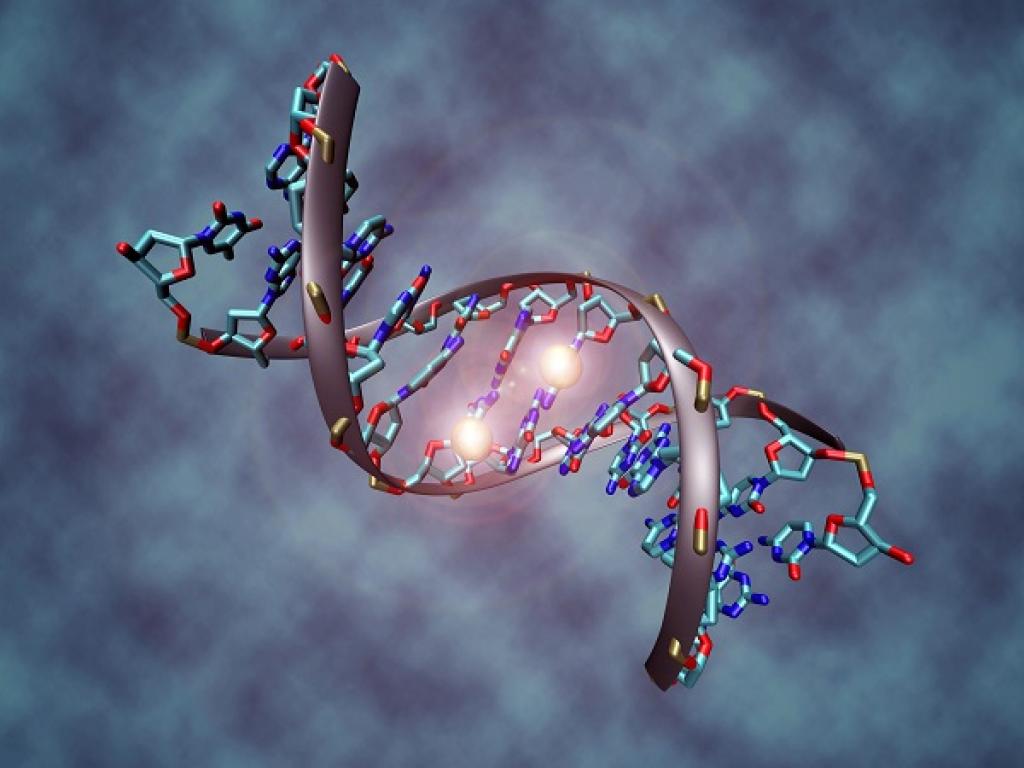UCT group wins competitive Microsoft research award

The H3Africa Chip Array, a subsidiary of the Human Heredity and Health in Africa (H3Africa) Initiative has been awarded 200 000 hours of access to the computational facilities of the Microsoft Azure Platform. As winners of the competitive Microsoft Azure for Research Award Programme the group are able to use the Azure infrastructure and tools to rapidly advance the research outcomes of the project with no additional costs.

UCT eResearch assisted the H3Africa Chip Array in their application for the award.
The H3Africa Initiative seeks to further the study of the genetic diversity of the African population to better understand how to tackle disease on the continent. To date, European populations have dominated the development of these genotyping arrays, leaving a great gap in knowledge and understanding of human genetic diversity.
With the goal of ultimately improving health on the continent, the H3Africa Chip Array is working to design the first exclusive genotyping reference panel to capture the genetic diversity of populations of African origin. Such reference panels, constructed on silicone biochips, can be used to rapidly identify genetic mutations in individuals. By linking these to the occurrence of diseases it is possible to identify the genomic targets responsible.
In order to build their biochip, these researchers are applying state-of-the-art algorithms to mine genetic information from samples collected all over Africa through the H3Africa Initiative. The sheer scale of the problem of reducing this data is immense and beyond the capabilities of UCT’s computational resources. This project is part of an international consortium comprising the Sanger Institute in the United Kingdom, the H3A Initiative and Baylor College of Medicine in Texas, USA. The UCT researchers in this collaboration will now have access to the Microsoft Azure platforms to process some of their share of the work in this collaboration.
This work will enable the identification of genetic variation specific to African populations, which will help better understand the links between genotype and disease in people of African origin, and thus extend the principles of personalised medicine to these poorly-served populations. It will permit deeper study of African genetic diversity, which will bring important insights into the history and evolution of humans in general.
Image of DNA by SliderBase.
